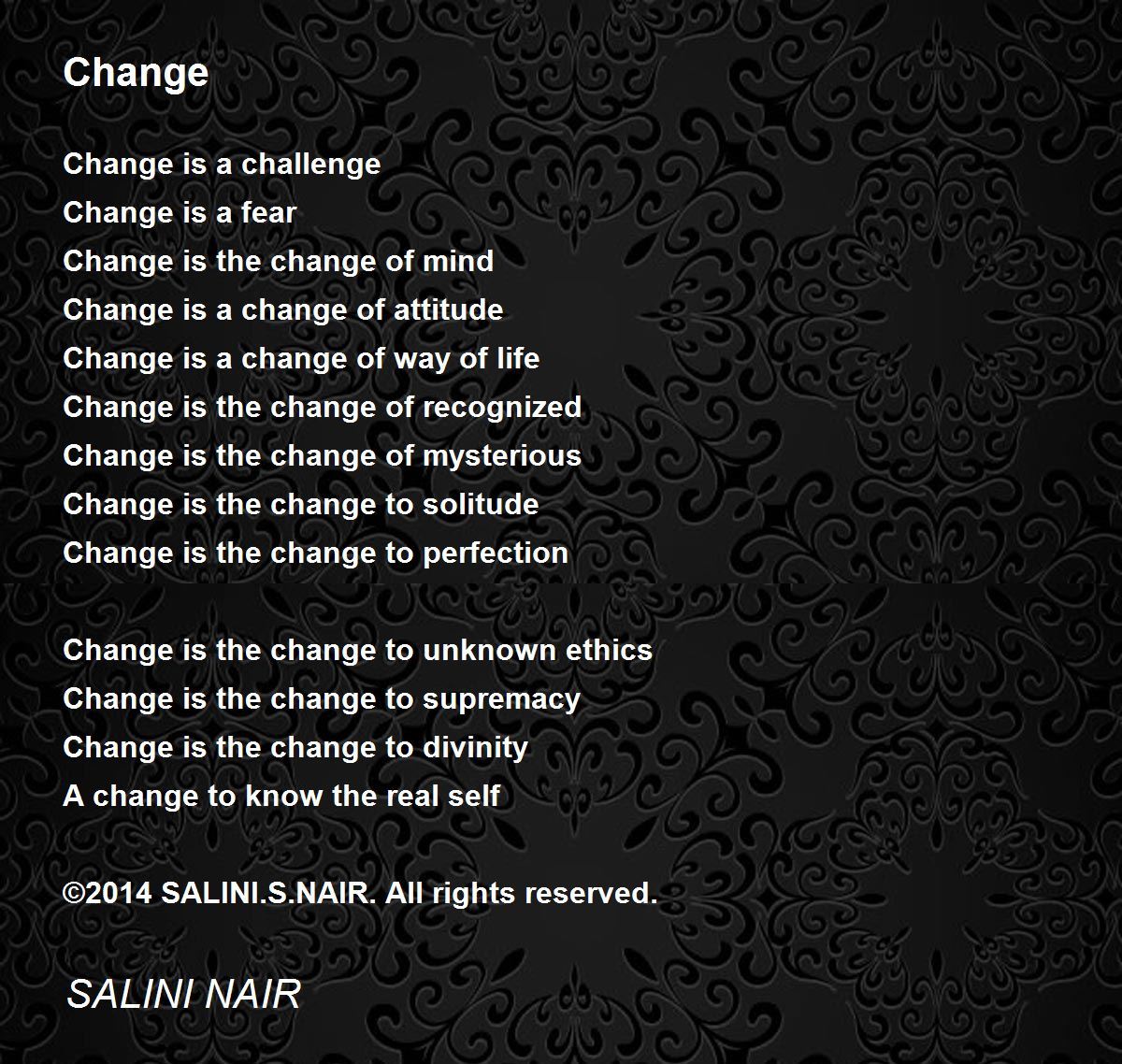

That is not to say that poetry can only communicate direct experiences, however. Their use of the personal and private as the basis for their poems was once considered shocking but is now an embedded part of the contemporary poetry world. The communication of personal experiences like these in poetry, using direct and immediate terms, came to the fore with the early confessional poetry movement through poets like Robert Lowell, Anne Sexton and Sylvia Plath. Poetry can provide clear expression of emotion at moments that are overwhelming and burdensome. These can be happy or sad times, like birthdays, funerals or weddings. People look to poems, most often, at times of change. Though chances are, at some point in your life, you will reach out to poetry. Poetry is as relevant now as ever, whether you are a regular reader of it or not. This is because poetry, for the writer and the reader, is about relevance.

In creative writing classes we often talk about students needing to “find their own voice” and the best poems I read are written in the writers’ own particular voice, rather than in some inhabited “poetic” register. This fear disperses, however, when students are given the confidence to interpret and engage with poetry on their own terms. Such teachers are, perhaps, intimidated by verse themselves, presenting it as a kind of algebra with an answer to be uncovered through some obscure metric code. Think of the Romantic poet engaging with the sublime, the penniless artist in their garret, the high-brow don, the bard, the soldier on the frontline, the spoken word performer, the National Poet, the Poet Laureate or the Makar.Īs an educator I sometimes encounter a fear of poetry in new students who have previously been put off by former teachers. Similarly, poets themselves come in a range of guises.

Haikus, for example, juxtapose images of the everyday, while lyric poetry expresses the personal and emotional. Culturally, poetry is used in varied ways.


 0 kommentar(er)
0 kommentar(er)
